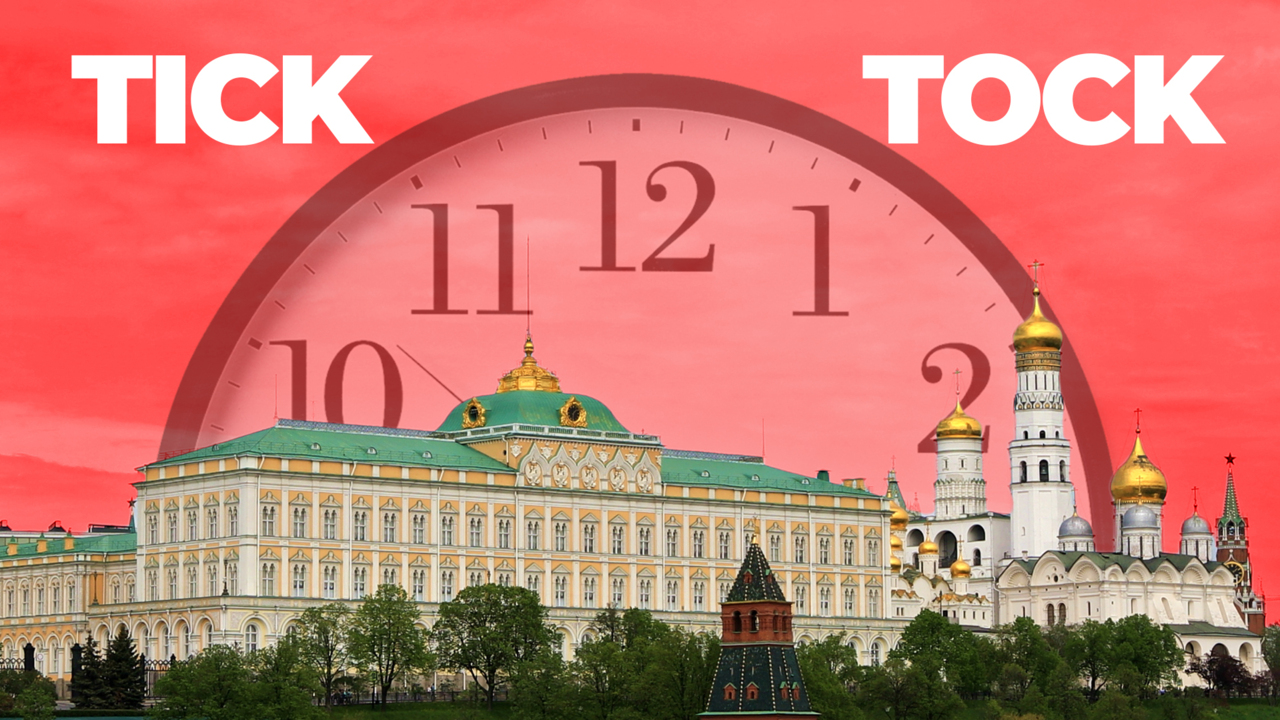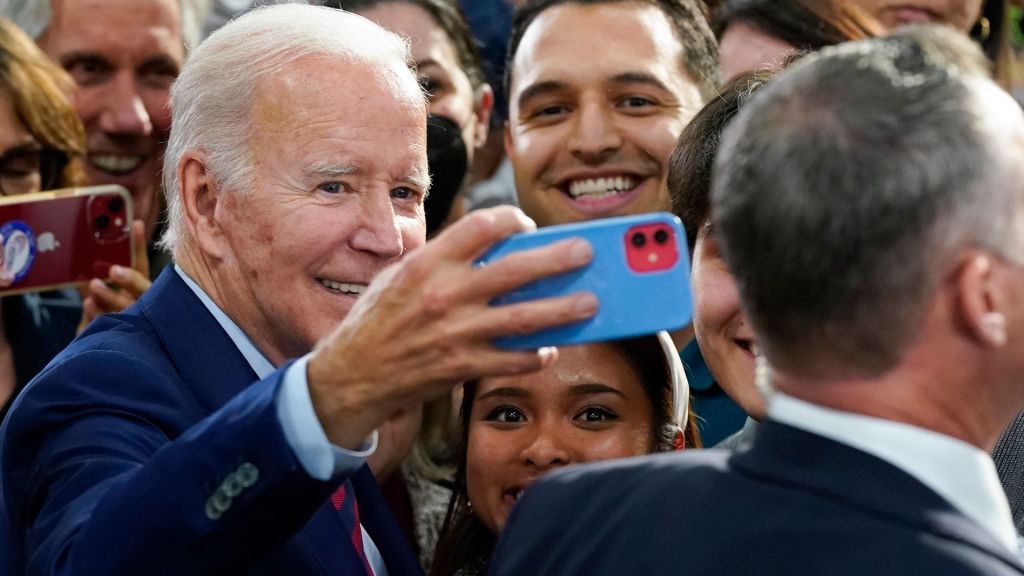
SIMONE DEL ROSARIO: RUSSIA CLAIMS TO HAVE MADE GOOD ON A 117-MILLION DOLLAR DEBT PAYMENT DUE THIS WEEK. BUT WILL IT BE GOOD ENOUGH TO AVOID DEFAULTING FOR THE FIRST TIME IN MORE THAN A CENTURY? THE SHORT ANSWER: IT’S COMPLICATED.
RUSSIA SAID IT AUTHORIZED THE HEFTY INTEREST PAYMENTS ON TWO DOLLAR-BASED BONDS. THE PROBLEM? RUSSIA’S FOREIGN CURRENCY RESERVES, INCLUDING DOLLARS, ARE TECHNICALLY FROZEN OVER SANCTIONS.
RUSSIA’S FINANCE MINISTER TOLD STATE MEDIA: WE HAVE THE MONEY, WE MADE THE PAYMENT, NOW THE BALL IS IN AMERICA’S COURT. ‘AMERICA’S COURT,’ THE TREASURY DEPARTMENT, SAID U-S SANCTIONS DO NOT PREVENT THESE FROZEN FUNDS FROM BEING TRANSFERRED TO PAY DEBTS. BUT BONDHOLDERS REPORT THEY HAVEN’T SEEN THE MONEY.
TECHNICALLY, RUSSIA HAS A 30-DAY GRACE PERIOD TO GET A DEAL DONE BEFORE A DEFAULT, THE CLOCK STARTED WEDNESDAY.
THE COUNTRY SAYS IT’LL PAY IN RUBLES IF ITS FROZEN DOLLARS ARE BLOCKED, BUT THAT ACTION WOULD ALMOST CERTAINLY TRIGGER DEFAULT. DOLLAR-BASED BONDS HAVE TO BE PAID BACK IN DOLLARS. TRANSLATION: YOUR RUBLES ARE NO GOOD HERE.
FROM NEW YORK FOR JUST BUSINESS, I’M SIMONE DEL ROSARIO.






